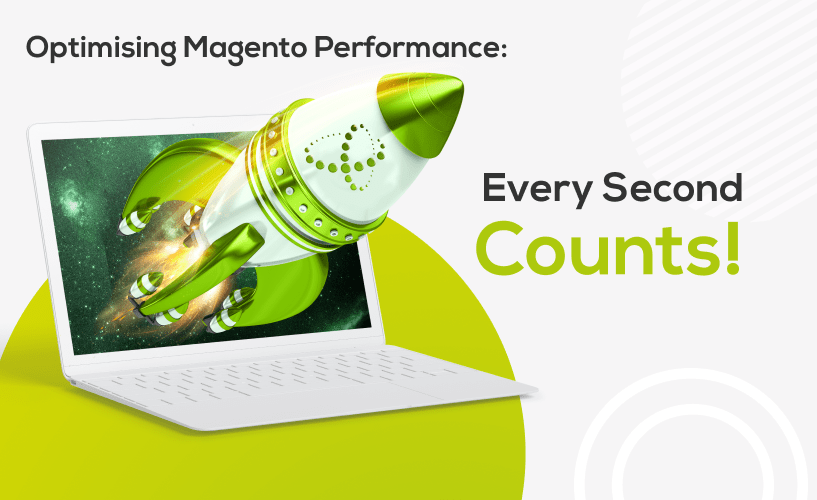
Magento is not just another e-commerce platform; it’s a dynamic ecosystem designed to empower businesses with unparalleled flexibility in managing their online stores. At the heart of this flexibility lies its comprehensive support for payment methods, blending simplicity with advanced customization. Whether you’re integrating globally trusted options like PayPal and Stripe or tailoring bespoke payment solutions, Magento’s architecture ensures that your transactions are secure, seamless, and scalable. This article delves deep into the technical intricacies of configuring these payment methods, equipping you with the knowledge to optimize your store’s payment infrastructure effectively.
Understanding Magento’s Payment Infrastructure
Magento’s payment module is powered by a modular architecture that allows for scalability and customization. The core payment gateway integrations are built using Magento’s Payment Provider Gateway module, which simplifies API interactions for popular services. Additionally, the platform supports custom payment method development, leveraging its robust dependency injection (DI) framework and event-observer pattern. Key components include payment gateways for connecting with third-party processors, payment methods for managing transactions and configurations, and a checkout workflow that integrates validations, totals calculation, and order placement seamlessly.
Configuring PayPal in Magento

PayPal integration in Magento offers multiple options such as Express Checkout, Payments Standard, and Payments Pro (available only in Magento Commerce), catering to various business needs. To set up PayPal, the merchant needs to navigate to the configuration section in the admin panel, choose the desired PayPal method, and input API credentials obtained from their PayPal account. Advanced configurations, such as enabling sandbox mode for testing and setting up billing agreements, ensure a tailored experience. PayPal integration relies on REST and SOAP APIs, which developers can extend by customizing Magento’s core PayPal model and utilizing event hooks for additional functionality.
Configuring Stripe in Magento
 Stripe’s extensive API capabilities make it a highly flexible option for Magento users. Integration begins with installing the Stripe module via Composer and configuring API keys in the admin panel. Magento allows merchants to enable specific payment methods, such as credit cards and wallets like Google Pay and Apple Pay, and configure 3D Secure settings for enhanced security. Webhooks play a vital role in Stripe’s operation, ensuring real-time updates for payment events. With its SDK and Magento’s JavaScript components, Stripe seamlessly integrates with the platform’s frontend, offering dynamic payment elements and a streamlined checkout process.
Stripe’s extensive API capabilities make it a highly flexible option for Magento users. Integration begins with installing the Stripe module via Composer and configuring API keys in the admin panel. Magento allows merchants to enable specific payment methods, such as credit cards and wallets like Google Pay and Apple Pay, and configure 3D Secure settings for enhanced security. Webhooks play a vital role in Stripe’s operation, ensuring real-time updates for payment events. With its SDK and Magento’s JavaScript components, Stripe seamlessly integrates with the platform’s frontend, offering dynamic payment elements and a streamlined checkout process.
Configuring Custom Payment Methods
Magento’s architecture provides the flexibility to create bespoke payment methods tailored to unique requirements. Developing a custom payment method involves defining the module’s structure, implementing a payment model to handle transactions, and creating a frontend component for user interaction. Admin configuration options are added to allow merchants to manage API keys, endpoints, and other settings directly from the dashboard. Testing and debugging are essential to ensure the custom method operates correctly, leveraging Magento’s logging framework to identify and resolve potential issues.
Optimizing Payment Methods
Enhancing payment methods in Magento involves ensuring PCI compliance through tokenization, integrating advanced fraud detection tools, and thoroughly testing configurations in staging environments before production deployment. These measures improve security, reduce fraud risks, and ensure a seamless user experience.
Final Thoughts
Configuring payment methods in Magento requires a balance between leveraging out-of-the-box features and integrating custom solutions. By understanding Magento’s architecture and following best practices, merchants can ensure a smooth and secure checkout experience for their customers. Whether you choose PayPal, Stripe, or custom integrations, Magento provides the tools and flexibility needed to scale your online business.








Add comment...
Comments